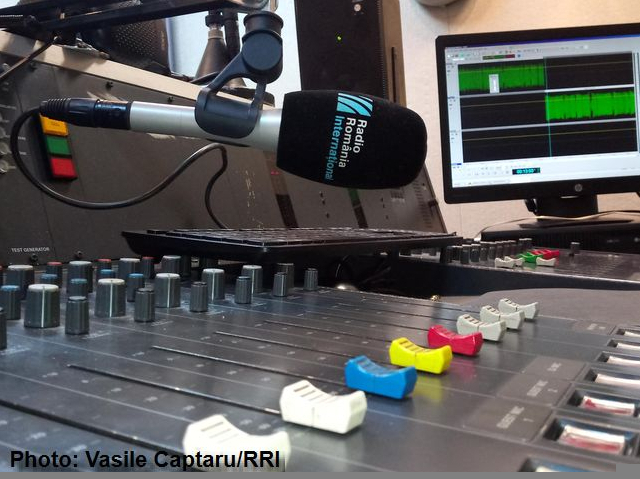
Everything you need to know about Romania in less than 60 minutes
The idea was to come up with a new record for the Guinness Book
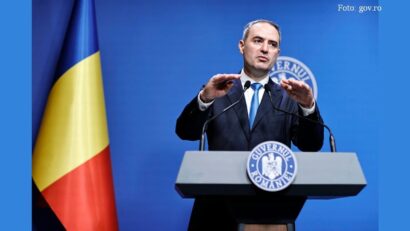
Since the beginning of the month, Romania has attracted 4 billion euros from foreign markets.
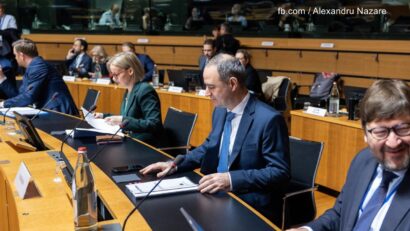
“We are supporting a sustainable and realistic European budget” – the Romanian Finance Minister, Alexandru Nazare, says
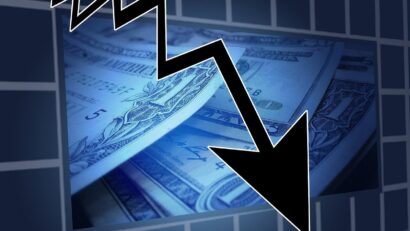
Romania's budget deficit will not be reduced by the percentages estimated at the start of the year, international financial analysts say.

On their way towards the next edition of the World Cup due in Canada, Mexico and the United States next year, the Romanian national football side clinched a wonderful victory on Sunday

Decisions on measures to reduce the budget deficit The Constitutional Court postponed this week, for the second time, the decision regarding the...
Currency Converter RON/EUR: Tue, 14 Oct.

The European Committee of the Regions (CoR) has published the sixth edition of the EU Annual Report on the State of Regions and Cities, which was presented by President Kata Tüttő, on October 13, at the opening session of the 23rd European Week of Regions and Cities, in Brussels.
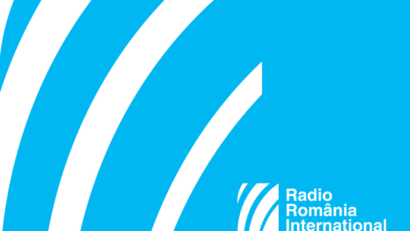
Immigration police officers are running, between October 6 and 12, an information campaign addressed to employers who have foreign citizens employed

It has been two years since the Hamas terrorist attack on Israel. An event entitled "Heroism through the Voice of Three Pianos" took place in Bucharest to mark those terrible moments.

The average net salary in Romania was 4,959 lei (976 euros) last year, up 547 lei (almost 108 euros) from the previous year

The Romanian government has postponed until the end of the year the transition from the Electronic Register of Individual Employment Contracts
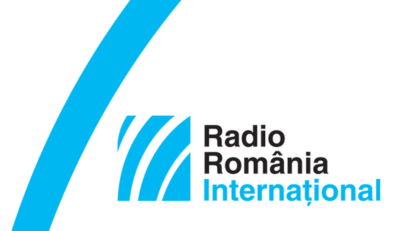
A talk with Professor Maria - Iuliana Dascalu, Dean of the Faculty of Engineering in Foreign Languages, Politehnica Bucharest

We invite you to be part of “Listeners’ Day” on Radio Romania International on November 2
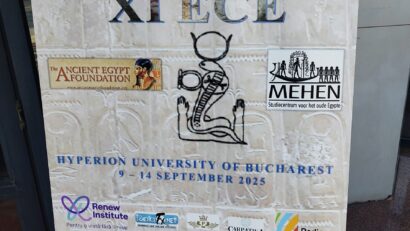
Over September the 9th and 14th the Hyperion University in Bucharest played venue for a very interesting event, namely the Eleventh European Conference of Egyptologists

Everything you need to know about Romania in less than 60 minutes

Everything you need to know about Romania in less than 60 minutes.

Everything you need to know about Romania in less than 60 minutes.

The ethnic Romanian community in Croatia, in Istria peninsula, is one of the least known ethnic Romanian communities from outside Romania's borders.

In the Romanian culture, the name of Lucian Blaga is associated with excellence.

The Bucharest International Film Festival, which was in its 21st edition this year, is the capital city’s only feature film competition.
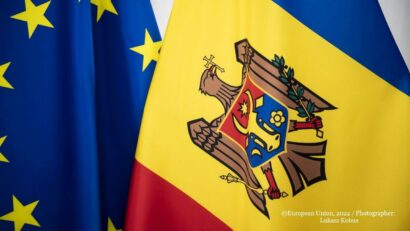
In September, the Republic of Moldova passed a decisive electoral test
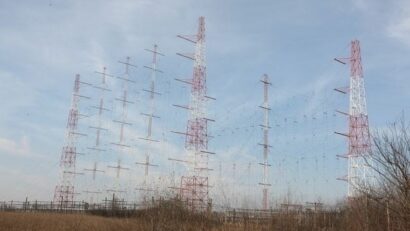
RRI broadcast frequencies valid as of March 30 to October 25, 2025:

A malfunction has been recorded at one of the transmitters in Tiganesti, and we will temporarily be broadcasting on different frequencies.

RRI broadcast frequencies valid as of March 30 to October 25, 2025:
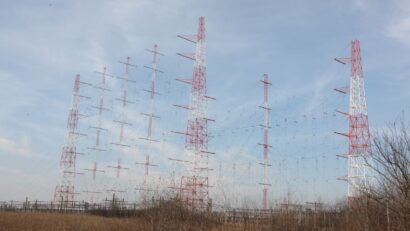
Radiocom has managed to fix the malfunction of one of the shortwave transmitters in Tiganesti

Businessman Elon Musk was designated "Personality of the Year 2024 on RRI"

The RRI programs have been temporarily moved to a second transmitter
